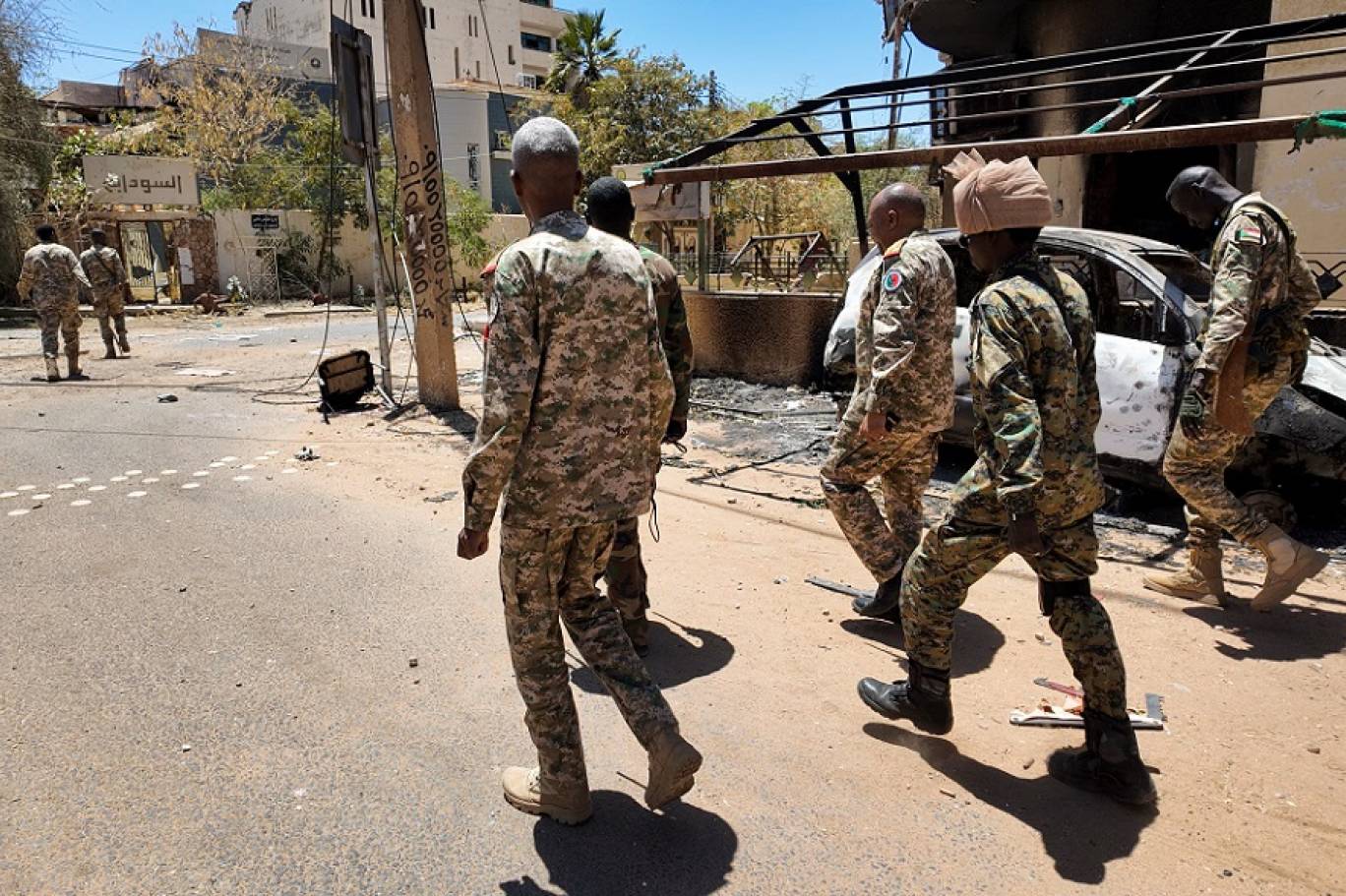Sudanese Army Rejects 'Government of Peace and Unity' and Threatens to Thwart Its Project

The Sudanese army described the announcement of the formation of a 'parallel government' by a coalition led by the Rapid Support Forces as a 'desperate attempt to legitimize a criminal project,' pledging to thwart any steps aimed at dividing the country.
This came in response to the announcement of a coalition supported by the Rapid Support Forces on Saturday, declaring the formation of the 'Government of Peace and Unity,' headed by Mohamed Hassan Eltaishi, during a press conference in Nyala, the capital of the Darfur region controlled by rebel forces.
The official spokesperson for the Sudanese army, Nabil Abdelallah, affirmed in a statement posted by the armed forces on Facebook that 'the army, with the help of the people, will thwart the agenda of the parallel government and its supporters,' considering that the real goal of the Rapid Support Forces is 'to seize power, and we will not allow that.'
The coalition revealed the formation of a 15-member Presidential Council, chaired by the Rapid Support Forces commander Mohamed Hamdan Dagalo (known as Hemeti), with his deputy Abdul Aziz Al-Hilu, the leader of the Sudan People's Movement-North, which controls parts of South Sudan. The council also included political figures, former officials, and local governors, including Al-Hadi Idris, who was appointed governor of Darfur, creating a competitive situation with the army-backed governor, Minni Arko Minawi.
According to an official in the Rapid Support Forces who spoke to Agence France-Presse on condition of anonymity, Eltaishi will immediately begin forming his new government.
Earlier, the Rapid Support Forces and allied political blocs signed a 'transitional constitution' in March, calling for the establishment of a federal state divided into eight regions. They also agreed in February during a meeting in Kenya to form a government for a 'New Sudan,' as they expressed it.
On the other hand, the United Nations warned that this step could deepen divisions and complicate diplomatic efforts to end the war that broke out in April 2023, causing one of the worst humanitarian disasters globally, according to reports from the international organization.
Reports indicated the displacement of millions and the collapse of essential services, from healthcare to water, in addition to tens of thousands of deaths since the conflict began.